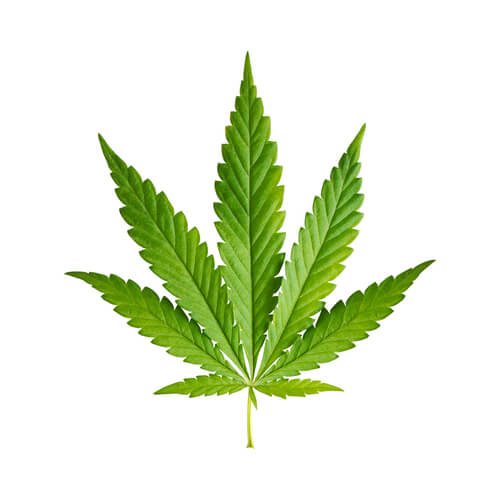
Let’s take a look back at some of the most significant marijuana-centric studies published over the past year.
“In the largest longitudinal examination of marijuana use and IQ change, … we find little evidence to suggest that adolescent marijuana use has a direct effect on intellectual decline.”
“Daily female marijuana users have a BMI that is approximately 3.1 percent lower than that of non-users, whereas daily male users have a BMI that is approximately 2.7 percent lower than that of non-users.”
“On average, MMLs (medical marijuana laws) states had lower traffic fatality rates than non-MML states. …. MMLs are associated with reductions in traffic fatalities, particularly pronounced among those aged 25 to 44 years. … It is possible that this is related to lower alcohol-impaired driving behavior in MML-states.”
Researchers assessed patients’ consumption of and spending on prescription drugs approved under Medicare Part D in nine domains: anxiety, depression, glaucoma, nausea, pain, psychosis, seizures, sleep disorders, and spasticity. Authors reported that prescription drug use fell significantly in seven of the nine domains assessed, and they estimated that nationwide legalization would result in a savings of more than $468 million in annual drug spending.
Researchers concluded, “Contrary to popular belief, … marijuana use is not associated with increased healthcare utilization, and there is also no association between health care utilization and frequency of marijuana use.”
Researchers reported a correlation between a patient’s history of cannabis use and survival rates, particularly among those admitted for cancer treatment. They concluded, “Odds of in-hospital mortality were significantly reduced among marijuana users compared with non-users in all hospitalized patients as well as cancer patients.”
More seniors are becoming stoners. According to population data published in November in the journal Addiction, marijuana use by those age 50 and older has spiked significantly since 2006. Specifically, authors reported that the prevalence of past-year cannabis has risen approximately 60 percent for those age 50 to 64, and increased 250 percent for those over 65 years of age. It’s understandable why. Older Americans are well aware of the multitude of the severe side effects often associated with conventional medication whereas cannabis is recognized as to possess no risk of fatal overdose and is associated with far fewer significant adverse events.
Researchers concluded: “The results of this systematic review and meta-analysis suggest that the increased risk for adverse neonatal outcomes reported in women using marijuana in pregnancy is likely the result of coexisting use of tobacco and other cofounding factors and not attributable to marijuana use itself. Although these data do not imply that marijuana use during pregnancy should be encouraged or condoned, the lack of a significant association with adverse neonatal outcomes suggests that attention should be focused on aiding pregnant women with cessation of substances known to have adverse effects on the pregnancy such as tobacco.”
“The results in the present study support the hypothesis that acute alcohol intoxication increases feelings of aggression and that acute cannabis intoxication reduces feelings of aggression following aggression exposure.”
The number of adolescents reporting marijuana-related problems, such as engaging in habitual use of the plant, declined by 24 percent from 2002 to 2013. The study’s findings are consistent with previous evaluations reporting decreased marijuana use and abuse by young people over the past decade and a half – a period of time during which numerous states have liberalized their cannabis policies.


WE ARE EVERY GROWERS ONE STOP SHOP TO ACQUIRE PREMIUM CANNABIS SEEDS FOR SALE IN THE USA, CANADA AND AUSTRALIA
Farmers Lab Seeds 2024,
All Right Reserved
Seeds are sold as novelty items, souvenirs, and collectibles. They contain 0% THC. We encourage our customers to check the legislation in their Country, State, Province, and Municipality prior to purchasing items from our store. We do not provide growing information.
All seeds are sold as hemp, and lab tested under 0.3% THC. This product is not for use by or sale to persons under the age of 21. This product should be used only as directed on the label. It should not be used if you are pregnant or nursing. Consult with a physician before use if you have a serious medical condition or use prescription medications. A Doctor’s advice should be sought before using this and any supplemental dietary product. All trademarks and copyrights are property of their respective owners and are not affiliated with nor do they endorse this product.
These statements have not been evaluated by the FDA. This product is not intended to diagnose, treat, cure or prevent any disease. Individual weight loss results will vary. By using this site, you agree to follow the Privacy Policy and all Terms & Conditions printed on this site. Void Where Prohibited by Law.